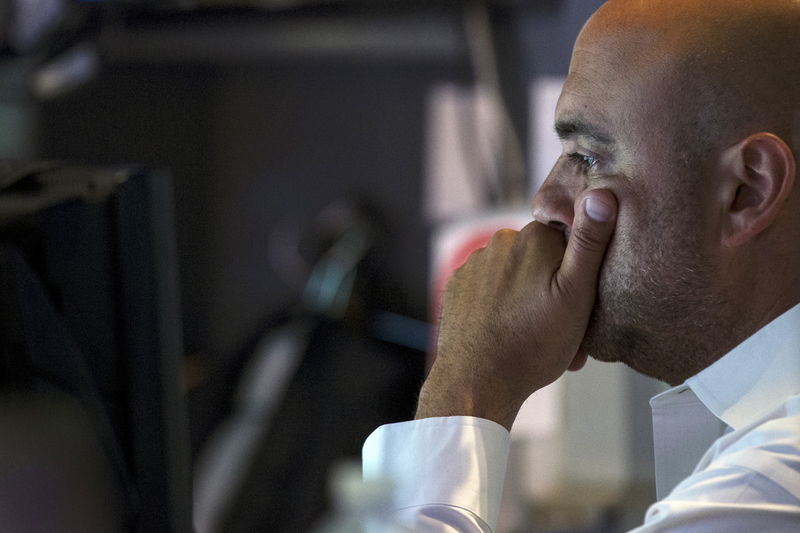Benzinga - by Anan Ashraf, Benzinga Editor.
Australian shipbuilder Incat Tasmania is in the process of constructing what will become the largest lightweight battery-electric ship.
This vessel, stretching 130 meters in length, is being crafted for Buquebus, a Uruguayan company renowned for its ferry services.
The 100% battery electric ferry will have an energy storage system (ESS) four times bigger than any battery installation constructed to date for marine transport, the company said in a statement.
Designed to accommodate 2100 passengers and crew, along with 225 cars, the ship’s innovative features also extend to its amenities.
Notably, it will house a sprawling Duty-Free Shop spanning over 2,000 square meters on a single level.
The project boasts cutting-edge technology for zero-emissions propulsion and storage systems. Craig Clifford, Managing Director of Incat, commented, “The Buquebus ship is pioneering a new era in shipbuilding, embracing zero-emissions propulsion and storage systems. Additionally, our shore-side charging systems will surpass current global installations by 50% once operational.”
The ship’s intricate electrical system integration will be overseen by Wärtsilä, while the ESS will be supplied by Corvus Energy, adding to the comprehensive approach of this pioneering project.
This endeavor speaks to a broader trend as Clifford anticipates rising demand for battery electric ships.
In response, Incat is gearing up for growth, with plans to expand its workforce.
The shipbuilder foresees the addition of at least 200 new employees in the upcoming year, with ambitions to more than double its workforce in the years to follow.
Check out more of Benzinga’s Future Of Mobility coverage by following this link.
Read Next: Nio’s Secret Sauce? Why Chinese EV Maker Is Poaching Sales Talent From BMW, Mercedes, Audi
Photo courtesy: Incat Tasmania
© 2023 Benzinga.com. Benzinga does not provide investment advice. All rights reserved.
